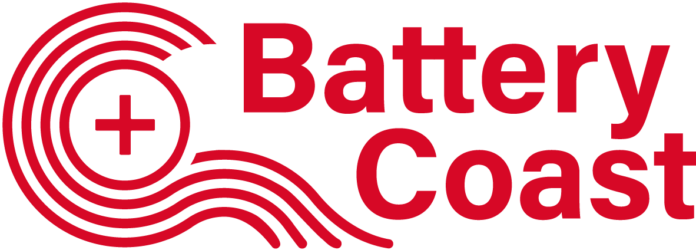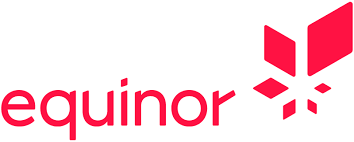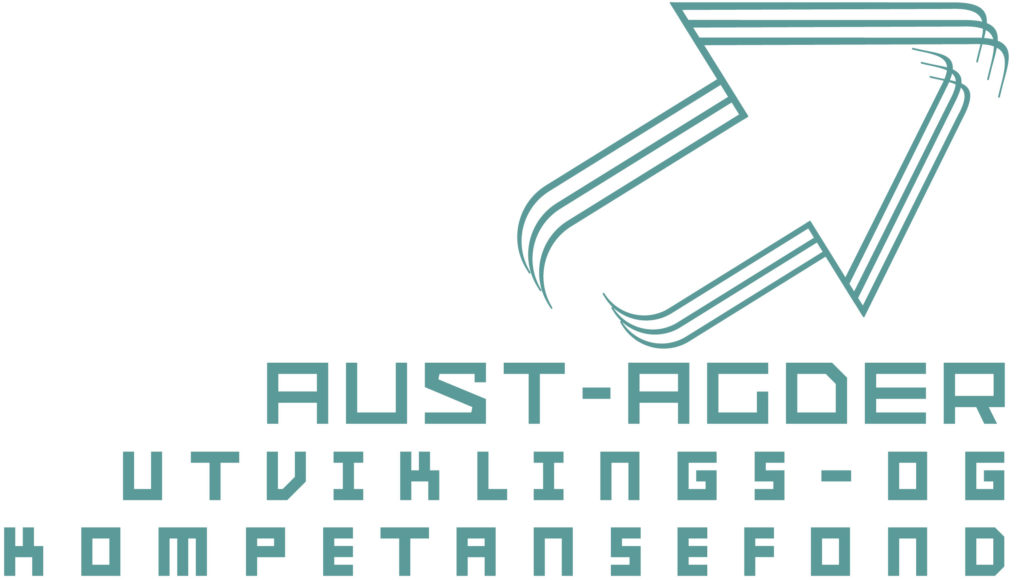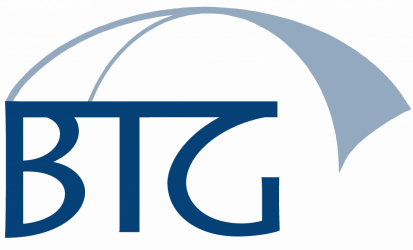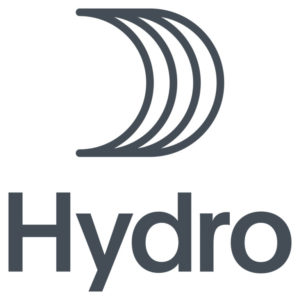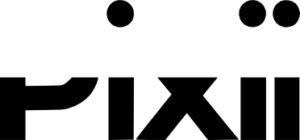Find an updated overview of our ongoing (and concluded) projects below (in alphabetical order).
2ND LIFE
2ND LIFE. Value of second life batteries in the future energy system develops knowledge to identify and quantify opportunities and barriers for establishing new energy storage solutions for the European market based on re-use of electric vehicle (EV) batteries, so called second life batteries with emphasis on testing, lifetime modelling, and circularity of 2nd life battery value chains.
Contact reyn.oborn[at]uia.no for more details about the project.
Agder Batteri
Agder Batteri investigates an innovation ecosystem designed for accelerating business growth and research in the Norwegian battery sector. This project involves public and private actors, UiA, business innovation clusters, and start-ups dedicated to establishing coordinated development of battery value chains. (SKF NO, 2020-2023)
Contact bernhard.faessler[at]uia.no for more details about the project.
Agder Battery Design
Agder Battery Design – Framework for the efficient Development of use-case specific Battery Designs via digital Battery Twins (Project Number: 341348)
The main goals of the Agder Battery Design project are addressed in two work streams: (I) the development of a digital battery design framework that allows the creation of a digital battery using a simple drag-and-drop software solution, and (II) the determination of the relevant physical, thermal and electrochemical properties of Morrow Batteries’ battery components as inputs for the digital model. Secondary objectives are the validation of the digital twin vs. full fledge battery simulation tools, the validation of the determined properties against the simulation, and
the full validation of the digital twin against a full battery cell with all relevant properties being determined by the end of the project.
Contact johannes.landesfeind[at]uia.no for more details about the project.
Morrow’s ambition is to develop and manufacture the world’s most cost-effective and sustainable battery cells.
RFF Agder will strengthen the region’s research and innovation capacity by mobilising and providing grants for research and innovation. The grant scheme is financed by the Ministry of Education and Research and administered by Agder County Council.
Battery Coast
The Battery Coast project strengthens and complements the existing battery research at UiA. Main goals of the project are (I) the establishment of a battery engineering education for a diverse battery environment, (II) future-oriented battery research and competence co-creation with local industry partners, and (III) establishment of an active battery community in the south of Norway. A specific focus is the implementation of top teaching and research capabilities in the areas of electrochemistry and cell design optimization at the University of Agder including:
- (electro-)chemical investigation of battery materials and components
- development of electrode and cell characterization techniques
- use case specific electrode and cell design optimization
- advanced battery data analysis
- multiscale battery modelling for optimal control algorithms
Contact johannes.landesfeind[at]uia.no for more details about the project.
Morrow’s ambition is to develop and manufacture the world’s most cost-effective and sustainable battery cells.
Vianode, an Elkem company, is a producer of sustainably engineered battery materials that increase safety and reduce charging time in electric vehicles.
Elkem is one of the world’s leading providers of advanced material solutions shaping a better and more sustainable future. The company develops silicones, silicon products and carbon solutions by combining natural raw materials, renewable energy and human ingenuity.
Glencore Nikkelverk is the biggest nickel refinery in the western world and exports 100 % of the production, primarily consisting of nickel, copper and cobalt.
Equinor is an energy company with more than 21000 employees developing oil, gas, wind and solar energy in more than 30 countries.

The Sørlandet Knowledge Foundation (SKF) is a financier of R&D and knowledge-building projects in Vest Agder.
The foundation’s purpose is to contribute to increased competence and innovation ability in Aust-Agder and to securing and establishing jobs and good living conditions, and contribute to strengthening and further developing the University of Agder.
The EYDE-Cluster is the Norwegian Centre of Expertise (NCE) for Sustainable Process Industry, working for the transition towards a sustainable future.
ELAG
ELAG (Exploiting the potential of spent electric vehicle batteries, Electric Agder) brings together important regional actors in the battery sector to try and develop new technologies and concepts that will aid in the electrification of society and contribute to increase circularity in the Norwegian battery value chain. The overall research aim is to determine how used electric vehicle batteries can be automatically discharged and characterised in order to be integrated into a circular battery value chain that also uses battery energy storage to meet the needs of a low-carbon and electrified society. (RFF NO, 2021-2024)
Contact bernhard.faessler[at]uia.no for more details about the project.
BTG. Solar-powered lighting with unique capacity adapted to Nordic conditions developed and produced by BTG Solenergi.
Batteriretur is an approved recycling company for all categories of batteries. We have three companies organized under the brand name Batteriretur.
Greenstat is a Norwegian energy company with a specific focus on green hydrogen, solar, wind and zero emission maritime solutions.
Greenwaves Technologies designs highly efficient and seamlessly programmable embedded AI processors for highly energy-constrained devices.
Hydro is a leading industrial company committed to a sustainable future. We develop natural resources into innovative and efficient products and solutions.
At Pixii, we design, manufacture and market smart energy storage solutions that contribute to clean, cost-effective and reliable electricity – for everyone.
Vianode, an Elkem company, is a producer of sustainably engineered battery materials that increase safety and reduce charging time in electric vehicles.
FME BATTERY
The Battery Coast team will participate in the FME BATTERY led by IFE and NTNU, starting at 2025. The national battery focused research center will strengthen and complements the existing battery research at UiA and lays the foundation for a Norwegian battery expertise.
More information about the FME will follow end of 2024.
UiA is asked to contribute with our expertise in battery demanufacturing, life-cycle assessment, circular battery value chains and the experience in modelling and digitalization of development and production procedures. UiA’s Battery Coast team will be leading the digitalization work package which will support the establishment of a sustainable battery industry computationally and by means of advanced data analytics:
- develop solutions to speed up battery development cycles by reducing costly and time-consuming experimental work in battery laboratories
- establish control algorithms for optimized battery operation (e.g., extend lifetime, improve safety) and prediction, and
- exemplifies in case studies the benefits of highly automated production and demanufacturing processes.
Contact johannes.landesfeind[at]uia.no for more details about the project.
NABLA
NABLA (Norwegian Advanced Battery Laboratory) establishes dedicated laboratories for battery research at the state-of-the-art level and beyond to support Norwegian industry and research organizations as well as attract international research to Norway. (RCN NO, 2022-2025)
Contact bernhard.faessler[at]uia.no for more details about the project.
RHINOCEROS
RHINOCEROS (Batteries reuse and direct production of high performances cathodic and anodic materials and other raw materials from batteries recycling using low cost and environmentally friendly technologies) will develop, improve and demonstrate, in industrially relevant environments, economically and environmentally viable routes for re-using, and recycling EV and stationary batteries. (Horizon Europe, 2022-2026)
Contact martin.choux[at]uia.no for more details about the project.
Our Partners are:
- Fundacion Tecnalia Research & Innovation
- Accurec-Recycling Gmbh
- Hydrometal S.A.
- Eco Recycling Societa A Responsabilita Limitata
- Arkema France Sa
- Tes Recupyl Sas
- Watt4ever Bv
- Acondicionamiento Tarrasense Associacion
- Vlaamse Instelling Voor Technologisch Onderzoek N.V.
- Karlsruher Institut Fuer Technologie
- Chalmers Tekniska Hoegskola Ab
- Universita Degli Studi Di Roma La Sapienza
- Pno Innovation
- Leverton Clarke Ltd
- Ford Otomotiv Sanayi Anonim Sirketi
#Project Archive
Our concluded battery-related projects are listed here (alphabetically).
- BATMAN (Lithium ion BATteries – Norwegian opportunities within sustainable end-of-life MANagement, reuse and new material streams) aims to map the material and waste flows of the battery recycling and production in Norway and Europe with special focus on critical raw material flows to determine feasible economic business. (RCN NO, 2019-2021)
- ENTERS (Enabling New Technologies for Regenerative Systems) is an emerging research centre at UiA which aims at developing circular economy solutions for the Agder region and beyond. We are a broad transdisciplinary team who want to contribute meaningfully to sustainable actions in a global perspective. (UiA NO, 2018-2019)
- LIBRES (Lithium Ion-Battery Recycling) is a project on developing a design basis for a lithium-ion battery recycling pilot plant in Norway including automated disassembly of the electric vehicle battery packs/modules/cells. (RCN NO, 2018-2021)
- ReBAT (Sustainable recycling of graphite from lithium ion batteries) investigates the feasibility of fully automating the complete disassembly of individual battery cells based recycling, and graphite reuse, as alternative to shredding, burning and carbon loss. (RFF NO, 2019-2020)
- ReLIEVe (Reuse of Lithium Ion-Batteries from Electrical Vehicels for stationary applications) is a preliminary study on reusing decommissioned electric vehicle batteries to identify possible stationary applications and effort needed to reuse such batteries. (RFF NO, 2018)
